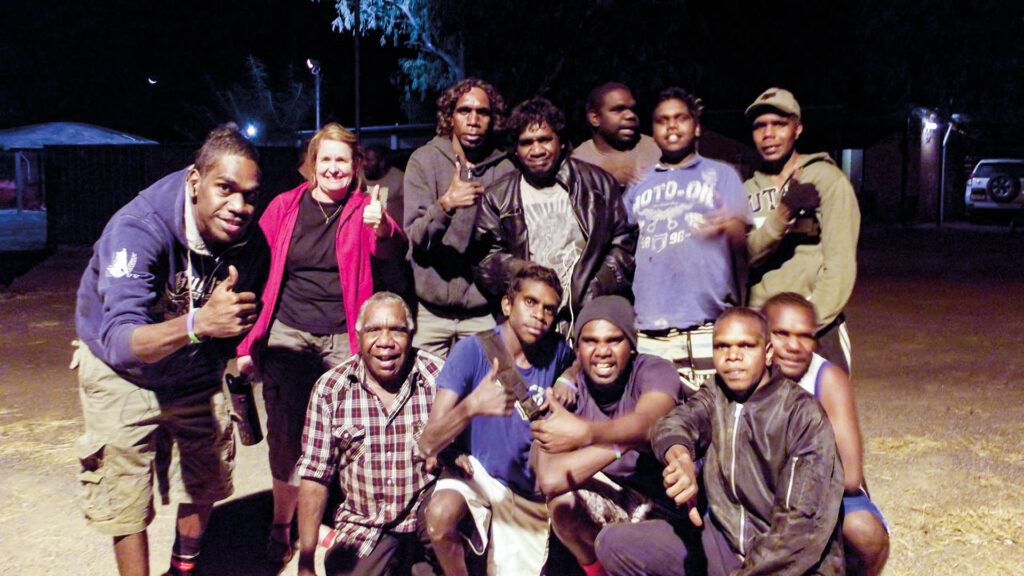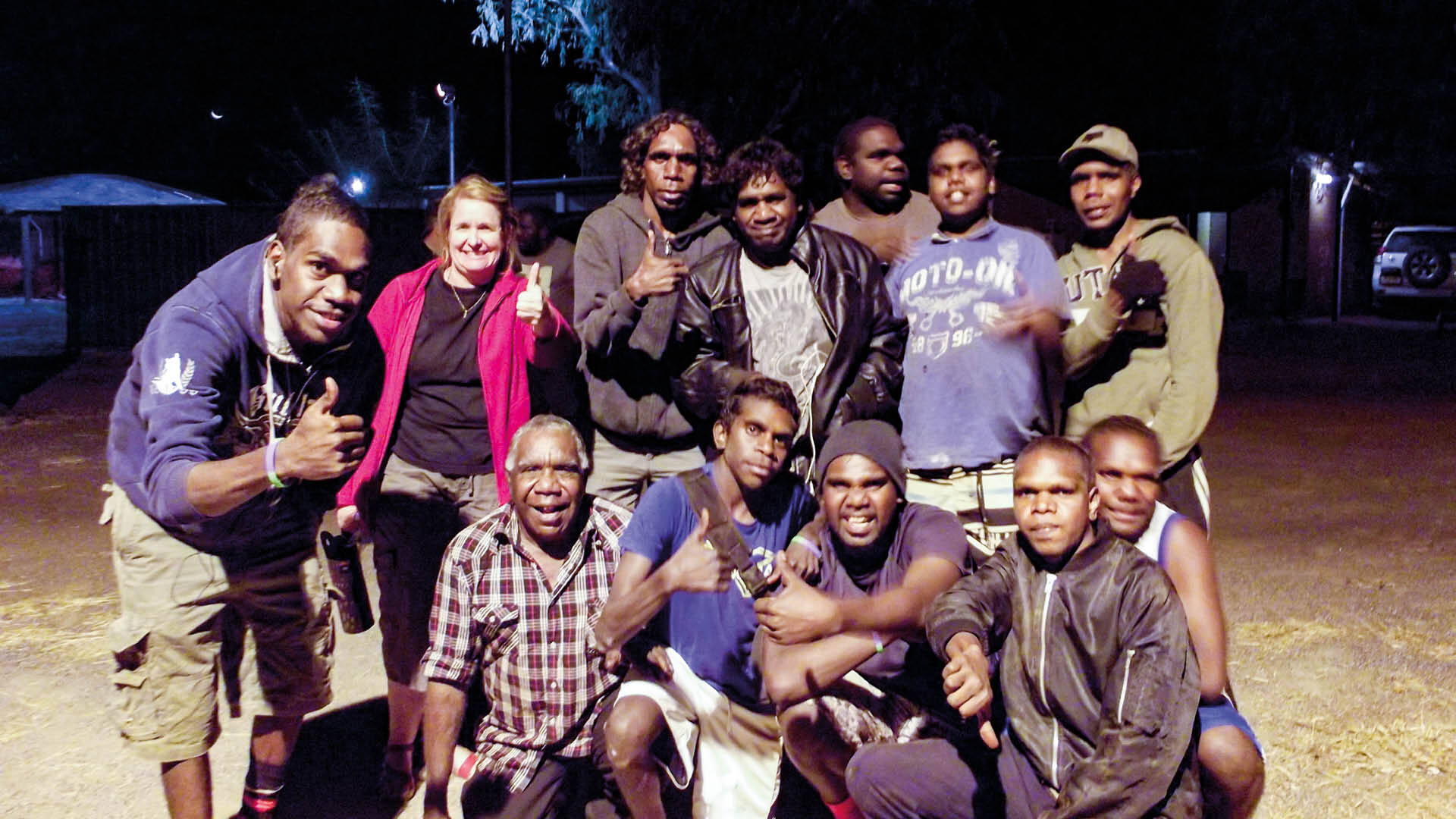
After seeing reports of major child sexual abuse plastered over the front page of the West Australian newspaper in 2007, Holly-ann Martin rolled up her swag and set off to volunteer at two remote communities in the Kimberley.
The experience highlighted the pressing need for more resources specific to the needs of Aboriginal children in remote communities, and thus, the abuse prevention education program Safe4Kids was born.
The distinctive programs delivered by Safe4Kids are specifically designed as a preventative measure to combat child abuse and provide children with clear messages regarding inappropriate behaviour.
This allows them to identify unsafe situations and seek help immediately – and to persist in seeking help until they feel safe again. This educational approach emphasises that, should anyone suffer unwanted touching, it isn’t the recipient’s fault, and that they have every right to have the situation dealt with.
Emphasis is placed on developing a language and culture of safety for children and adults alike, improving communication between them and broadening the networks available to children when they feel unsafe. This involves teaching the basics in easy to understand, current and relevant ways that are encouraging and non-threatening.
In addition to child sex abuse prevention, the Safe4Kids program also covers the proliferation of pornography, cyber bullying, cyber-sex, cyber payback, and respectful relationships education – all aimed at improving the emotional health of children and overall quality of life.
The program has a variety of ways in which it can be taught or passed on, and has a range of colourful, relatable resources that children love to use.
“With one in three girls and one in six boys sexually abused in Australia each year, how do we prepare children for the potential dangers that exist, without scaring them, wrapping them in cotton wool or providing them with too much information?” Holly-ann asks.
“I believe that everyone has the right to feel safe. Child protection needs to be everyone’s priority, and I found that it wasn’t. We can’t expect children to keep themselves safe, it takes a community, so everyone in the community can attend my workshops.”
Holly-ann has been running the program in 62 remote communities since 2007 and has seen firsthand the change in these communities, some of which she has been running the program in for ten years.
“It will take generational change to break the cycle of child abuse, but if we don’t get started then we will never break the cycle.
“My aim is to try and secure enough funding to allow me to train others, so they can go into many more communities and together I believe we can really make a difference on a much larger scale.”
